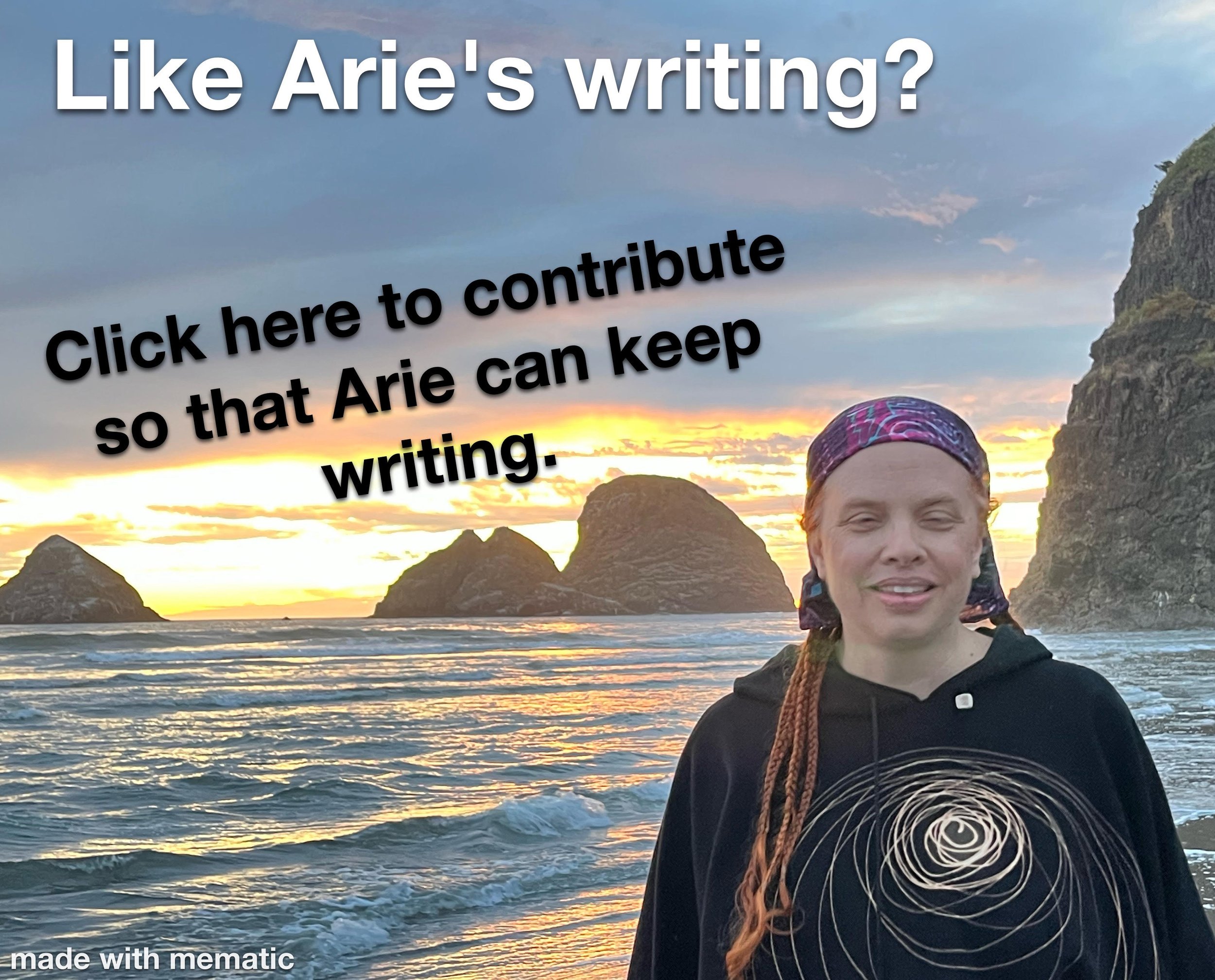Winter dawn: Mountain scripture
/In winter before the sun truly rises, when sunlight strikes the slopes to the west but the sky is still pale, when the cold is so deep that snow squeaks underfoot, I walk to the ridge top.
Mercifully, there is little wind. I reach the grandmother pine tree, wisened and gnarled by her rugged life on top of a rocky ridge. Six hundred years she has stood here. She… yes, that’s my human thinking and yet that’s the feeling I get from this venerable being. The things she must have seen!
Pumpkin ridge and mount emily - image by arie farnam
I am thankful for the winter, for the cold. In these days of worsening fires and droughts, any cold or snow is to be valued. But this winter is mild. The cold has come only in a few intense blasts, like this one. The snow is scant and stale.
Each morning I still meditate, despite my daily life descending into a blur of chaos, conflict, grief and struggle with various bureaucracies. I still cling to that one bit of routine and stability. And the heart of that is gratitude.
I speak my thanks for my health, my body, my mind, my heart, my soul—even on days when I don’t feel so sure of any of that. I still give thanks.
I give thanks for my family, even when the grief and strain of their struggles has pushed me far beyond my breaking point. It’s a principle, but that thanks is sometimes hollow.
I give thanks for the abundance of my life, even though my existence which once spanned continents has contracted to the cramped confines of intractable restrictions and endless daily tasks. Still, my special chai tea, a piece of salmon and tomatoes from my garden still ripening on the windowsill halfway through winter make me conscious of blessings.
But that is nothing beside the thanks I give for this valley, the mountain, the ridge, the trees, the land and the open sky. Even on the worst days, when I can’t stop the tears falling all through my meditation, my heart sings in gratitude for the land and the sky. So many years I spent far away from this place, and I did value and care for the land there, but always this place was in my heart, even when I didn’t know it. And now, when times are hard beyond hard, my gratitude for the land and sky surpasses words.
I touch the prickly spines of pine needles. She gives me three small cones, hard and spiky, sharp in the cold. I pour out a stream of green gold tea, lit with the dawn, steam billowing from it. Drink and know you are honored, grandmother.
It is Imbolc time, the holiest part of the year for me because of my lady, Brigid. It is a quiet time without great community festivities but dear to my heart. Cold still binds the land like stone, but light is returning. The dawn rays are pale wheat, a promise of abundance and spring coming.
Maybe someday there will be space to write again. Maybe spring will come to my life. I still live in the depths of a barren and desolate time. Most days, I don’t think I will have health or years enough to start over when I’m finally free of this toil and sorrow.
But in rare moments, when I see a sunrise or a moon nearly full or the sky free and unbound, I say to myself that this winter must pass someday. Spring may not be the same as it was. Rains are scarce. The heat may come too early. But each season passes.
That is what the scripture of this mountain tells me.
























